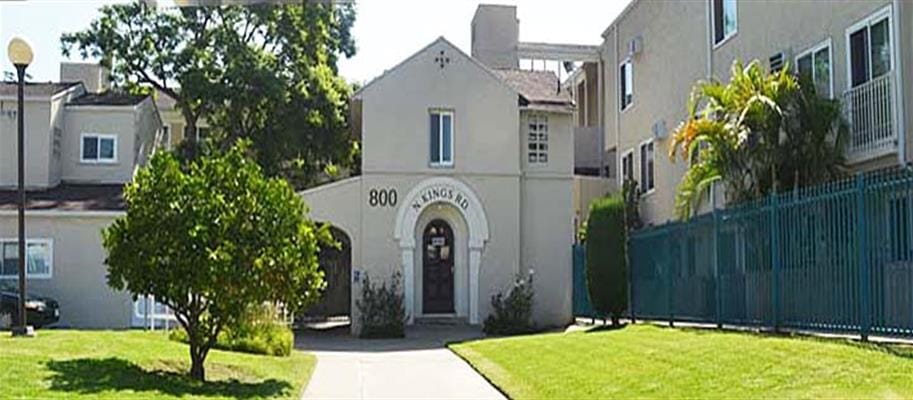The recent wildfires that swept through Los Angeles have not only devastated communities but have also triggered a dramatic surge in rental prices across the region. As thousands of residents are forced to evacuate and seek temporary housing, the demand for available rental properties has skyrocketed, leading to a significant increase in asking rents. This situation has created a complex housing crisis that is affecting both displaced individuals and the broader rental market in Los Angeles.
The wildfires, which have become an all-too-frequent occurrence in California, have left many families without homes. The destruction of properties has resulted in a sudden influx of individuals and families seeking rental accommodations. In a city already grappling with a housing shortage, the fires have exacerbated the situation, pushing rental prices to new heights. Landlords, aware of the increased demand, have raised their asking rents, often beyond what many displaced residents can afford.
In the aftermath of the fires, real estate experts have noted that rental prices in affected areas have surged by as much as 20% to 30% in some neighborhoods. This increase is not only a reflection of the immediate demand for housing but also a response to the overall housing market dynamics in Los Angeles. The city has long struggled with a lack of affordable housing options, and the recent crisis has only intensified these challenges.
Displaced residents are facing a difficult reality as they navigate the rental market. Many are finding it challenging to secure affordable housing, with some being forced to relocate to less desirable areas or even out of the city altogether. The emotional toll of losing a home is compounded by the financial strain of rising rents, leaving many families in precarious situations. The urgency to find housing has led to increased competition among renters, further driving up prices.
The impact of the wildfires and the subsequent rise in rental prices extends beyond individual families. Local businesses and the economy are also feeling the effects. As residents are displaced, consumer spending in affected areas declines, which can lead to a ripple effect on local businesses. Additionally, the increased cost of housing can deter new residents from moving to the area, potentially stunting economic growth in the long term.
In response to the crisis, local government officials and housing advocates are exploring various measures to address the rising rental prices and support displaced residents. Some are calling for emergency housing assistance programs to help those affected by the fires secure temporary accommodations. Others are advocating for policies that promote the development of affordable housing in the region to alleviate the ongoing housing shortage.
The situation in Los Angeles serves as a stark reminder of the broader challenges facing urban areas in the wake of natural disasters. As climate change continues to contribute to the frequency and intensity of wildfires, cities must grapple with the implications for housing and community resilience. The need for comprehensive planning and investment in affordable housing solutions has never been more urgent.
As the recovery process begins, it is essential for stakeholders, including government officials, community organizations, and residents, to work collaboratively to address the housing crisis. This includes not only providing immediate support for those displaced by the fires but also implementing long-term strategies to ensure that the housing market can withstand future challenges.
In conclusion, the recent wildfires in Los Angeles have led to a significant increase in rental prices, creating a housing crisis for many displaced residents. The surge in asking rents reflects the urgent demand for housing in a city already facing a shortage of affordable options. As the community begins to recover, it is crucial to prioritize solutions that address both the immediate needs of those affected and the long-term challenges of housing affordability in Los Angeles.



